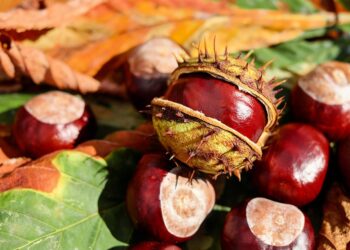Winter has announced its arrival, bringing with it a slew of common winter ailments such as colds, flu, and respiratory diseases, which may affect vulnerable populations such as children, the elderly, and those with weakened immune systems. To deal with the changing weather and meet our bodies’ nutritional needs, we must make some important dietary changes that will help us stay healthy and active during the winter.
People tend to stay indoors more during the winter, which lowers their immunity and allows viruses to easily spread from one person to the next in an enclosed space. Cold and dry air in harsh winters can also impair immunity.
People also tend to eat a lot of unhealthy foods during the winter because cravings intensify. Instead of pakodas and samosas, choose filling and healthy foods that will keep you satisfied for a long time.
So, for overall wellness, Dietician Manpreet Kalra recommends making these 10 dietary changes in winter to keep you disease-free.
WINTERS DIET SUGGESTIONS
1. Include millets in your diet such as bajra, ragi, and rajgira. They will supply vitamins and minerals that are necessary for overall health.
2. Consume small, frequent nutrient-dense meals. It will help you feel fuller for longer.
3. Include root vegetables in your diet, such as carrots, sweet potatoes, and yams. They are high in antioxidants and cartenoids, and they protect against cellular damage.
4. Instead of buttermilk, use curd, which is high in probiotics and has a warm potency. In the summer, buttermilk is a better option.
5. Include green leafy vegetables in your diet, such as saag, spinach, amaranth, and bathua. These are magnesium-rich and help to regulate cellular processes in the body.
6. Keep yourself satiated with energy-dense gondh laddoos.
7. Consume golden milk before going to bed to boost immunity and reduce inflammation.
8. To balance the Tridoshas, drink copper-charged water first thing in the morning (kapha, vata and pitta).
9. Maintain hydration to keep your skin supple and moist.
10. Include spices and condiments that keep our bodies warm, such as tulsi, cardamom, clove, and cinnamon.
Source:HT








 Finance
Finance







